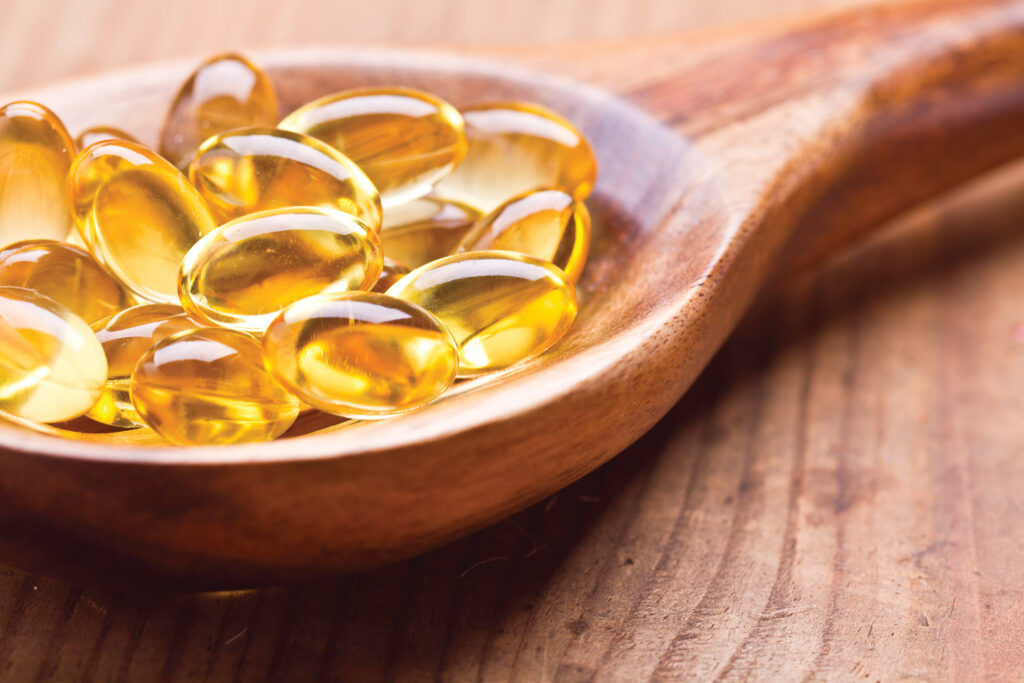Advertisement
Ask the Experts
Vitamin D for cancer prevention

Advertisement
Q: I have read that vitamin D can reduce my risk of developing cancer. How do I get the right amount of vitamin D to benefit?
A: Growing research shows a link between exposure to solar radiation (UVB rays) and reduced incidence of a number of cancers, including those of the breast, colon, prostate, lung, stomach, bladder, pancreas uterus, and ovary. This association is thought to be mediated by vitamin D, which is synthesized in the skin when our skin is exposed to sunlight.
The mechanisms by which vitamin D may reduce cancer incidence are not completely understood, but it is known that receptors for vitamin D are located on many cells of the body, including those of the breast, colon, lung, prostate, skin, brain, and immune system. Approximately 200 human genes can respond to vitamin D, many of which encode for proteins regulating cell proliferation, differentiation, and death (three very important factors in cancer development).
Vitamin D can be obtained from dietary sources such as salmon, tuna, and egg yolk and fortified foods such as cow/rice milk or orange juice, as well as from sun exposure. However, foods do not generally provide adequate vitamin D, and factors such as time of day, cloud cover, use of sunscreen, age, and skin tone can all affect the skin’s ability to produce vitamin D from sunlight.
You may consider discussing the use of a vitamin D supplement with your health care practitioners. Although optimal intakes of recommended daily vitamin D vary, Health Canada’s Dietary Reference Intakes for vitamin D provide a range from 600 to 4,000 IU per day for children (ages 9 and over) and adults.





